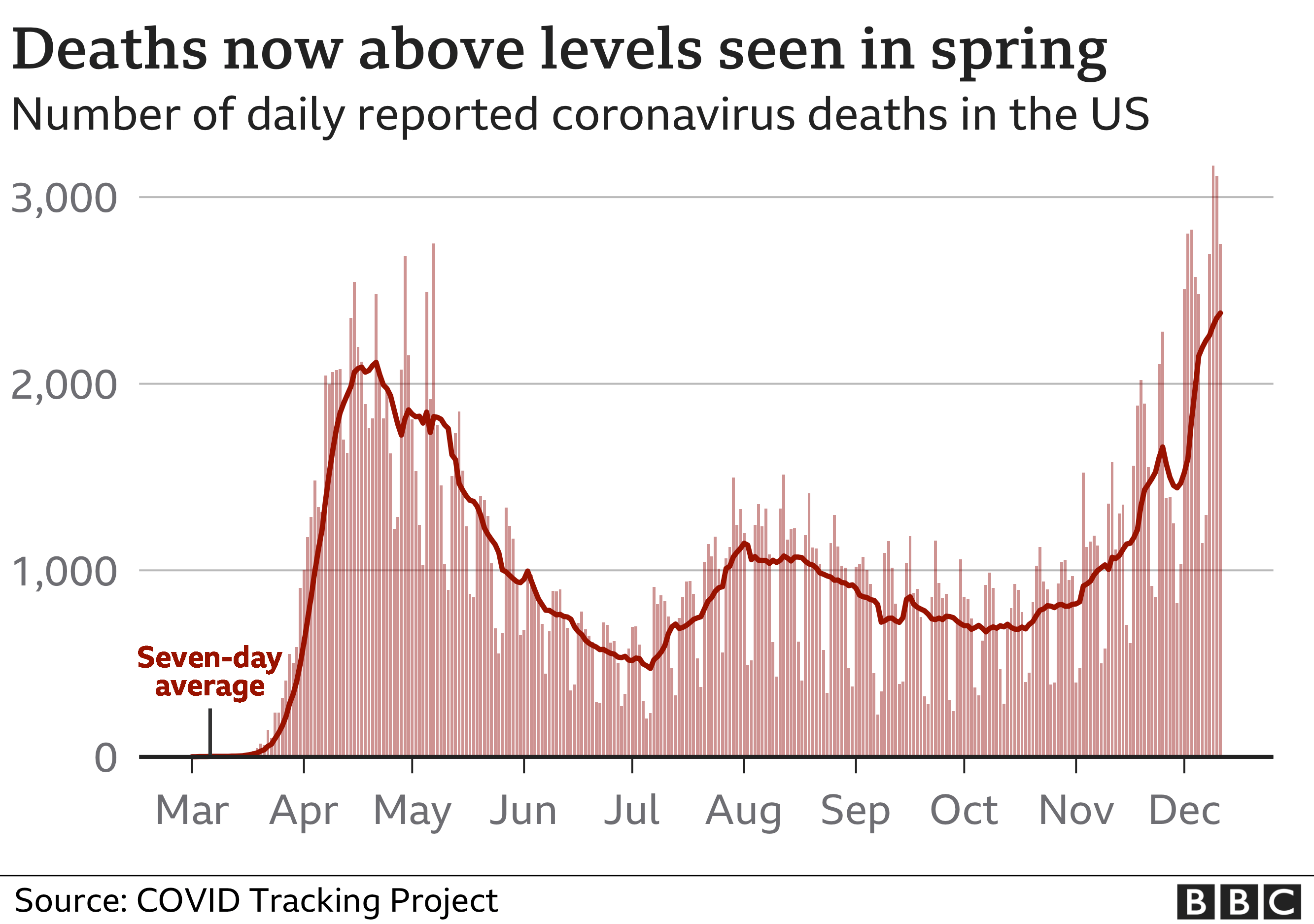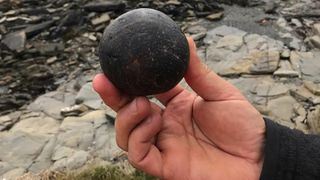Learning Curves
Ever hear someone mention a “steep learning curve” when describing something that’s difficult to master?
Well, that’s wrong!
Think of the bar and line graphs you’ve seen. A pandemic graph, for instance.

The horizontal scale (X axis) on these graphs is pretty much always time. The vertical scale (the Y axis) is whatever you’re measuring. So if you’re measuring how difficult something is, the more difficult, the more time, right? If it’s difficult to learn, it takes longer, right? If it’s easy it takes less time.
That means the steeper the curve, the easier!
I think we say “steep learning curve” for difficult things because of the misaligned analogy with hills. The steeper the hill, the more difficult to climb, right? The gentler the slope, the easier.
Here’s a person who came up with a good replacement for “steep”:
University of California Berkeley nuclear engineering professor Daniel Kammen says he’s hoping nuclear energy can fill some needs that renewables may not resolve. But he points to a stiff “learning curve.”
https://yaleclimateconnections.org/2021/09/what-role-for-small-nuclear-modular-reactors-in-combating-climate-change/
I suppose “tough” and “difficult” would work too. But don’t say “steep”!
Subscribe to this blog's RSS feed
She Got it Right!
Most people say “from whence.” Maybe from remembering the lines in the high school play that has Rumpelstiltskin saying “No one knows from whence I came, or that Rumpelstiltskin is my name.”
Be that as it may, “whence” means “from where,” so “from whence” is a solecism—an extra word.
Last panel:

Good for her!
Being a Chemist Isn’t an Excuse
He should still get basic grammar correct! First line, in case you don’t notice it [emphasis is mine]. I included the whole paragraph so you can click the links in case you’re interested in the chemistry…
Cinema air might just smell like stale popcorn to you and I, but chemists have found that the volatile compounds floating around can tell them how shocking a film is. For this work they’ve just been given the 2021 chemistry Ig Nobel prize – the awards that bill themselves as first making you laugh then think – by none other than 2001 chemistry Nobel laurate Barry Sharpless.
http://click.rsc.org/rsps/m/iKBaGayEjwJlDhe6gEddGLsISIZBisTaatFfkmzjjhM
The trick to getting compound prepositional objects correct is to take out the objects one at a time and see how the construction sounds. The writer has “to you and I” so take out the “and I” and you get “to you,” which sounds fine. But take out the “you” and you get “to I” which is easy to see as incorrect.
Scientist Gets It Wrong!
The previous post shows a local newspaper getting a tricky construction correct. Here’s a simpler version of the same trickiness, and the scientist got it wrong! (Well, okay, our scientist here might be an (ahem) professional journalist writing a science article.)
Each of the balls were found in the corners of two different compartments used to inter human remains in the burial chamber of the tomb, while other objects — especially pieces of pottery — were found along the compartment walls.
https://www.livescience.com/mysterious-stone-balls-scottish-tomb-orkney
“Each” is a singular, and the sentence has only three words between the subject and the verb, so the verb should be singular. But you know that, right?
Here’s a picture of one of the balls:

Singular or Plural?
Here’s a headline from the local paper:
Pocatello police: All but one body recovered from Downard Funeral Home have been identified
https://www.idahostatejournal.com/townnews/anatomy/pocatello-police-all-but-one-body-recovered-from-downard-funeral-home-have-been-identified/article_b5f85d9b-01b2-53d3-96ee-4a322ac66fd5.html
Shouldn’t that be “has been identified”?
No! The subject of the sentence is “all,” which is a plural when you’re counting something. (It can be singular when you’re measuring. “All of my pudding is gone.”)
Well, “one body recovered from Downard Funeral Home” is rather long, giving you time to forget the actual subject, and to want to make the verb agree with “body.” (This is called attraction, by the way.)
So be alert!
